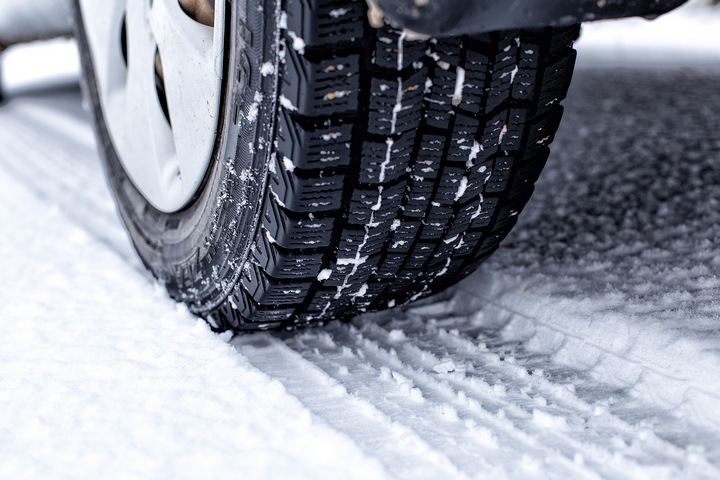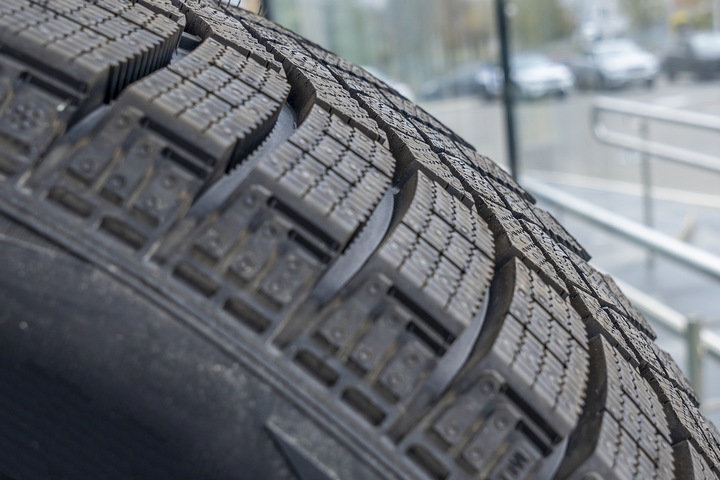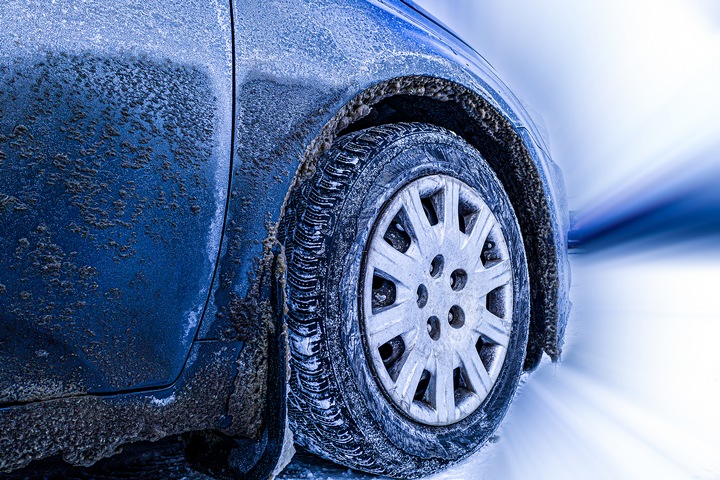As the winter weather rolls into the late weeks of fall, it’s time to get winter tires put on. They are expert-recommended and government-mandated in some jurisdictions for a reason. If you understand road safety and the impact that winter conditions can have, it’s a no-brainer.
Here is why you need winter tires:
1. Hills and Turns

Few places in the world have flat and straight roads with minimal turning or hills. Come winter, hills and turns can be a major cause of accidents, especially if they appear unexpectedly on unfamiliar roads.
As you install winter tires on your vehicle, you immediately increase your vehicle’s safety. Even if you’re the most cautious driver, any hill or turn can cause sliding in winter conditions. Then, everything is at the mercy of the road. Fortunately, winter tires help to protect you.
2. More Grip Strength

The #1 reason why you need winter tires is that it makes sense for any driver. Every vehicle with winter tires is boosted by grip strength. Regular tires are designed to grip the road. When you add snow, ice, and cold temperatures onto that, your tires won’t grip as well as they were before. You may not notice it on routine stops. However, when you have to brake fast, you could be in trouble.
Some studies show winter tires decrease stopping distance by as much as 37%, minimizing the risk of a good, cautious driver being caught in an accident. Winter tires are more likely to grip, provide more control, and ultimately maximize your safety.
3. Unique Treads

Winter tires have to meet strict standards to be designated as such. They have different treads than the standard tire. A winter tire’s treads are perfect for snow and cold in several ways. Their most impressive feature is their ability to wick away moisture from the tire at the main point of contact. This adds to their ability to control.
Secondly, the larger treads mean that when the tires rotate through snow, more snow is kicked out behind them than a vehicle with thinner, slicker threads.
4. Rubber Freezes

In cold weather, rubber tires start to harden. In fact, rubber can freeze ever so slightly. This is from the tires reacting to the road and the roads being cold. Hard rubber does not grip like the rubber on winter tires does, fortunately. Winter tires use a softer rubber which increases traction in cold weather.
For this reason, even if there is no snow on the ground and conditions still look very safe, winter tires are safer than regular tires which aren’t going to grip as well with cold temperatures abound.
5. Great for Novice Drivers

Many of us are parents or spouses and we aren’t the only ones who drive our vehicle. If you have a new driver in the family who has never experienced winter conditions, winter tires err on the side of caution.
They’re another way to ensure anyone driving your vehicle who isn’t you has the best resources to avoid a serious incident on the road. Of course, snow tires only complement good driving. All drivers, regardless of experience level, should still be driving more cautiously during winter at all times.
6. Peace of Mind

As you’re driving, if you’re at all concerned about slipping and sliding and the potential for an accident, winter tires provide you with added confidence on the road. You know you stand a greater chance at avoiding a collision or injury and avoiding putting yourself in harm’s way with winter tires installed on your vehicle.
This also is an indication to your insurance company, establishing you as someone who prioritizes safety. Insurers may even offer a small discount to drivers who put winter tires on their vehicle in some areas.






